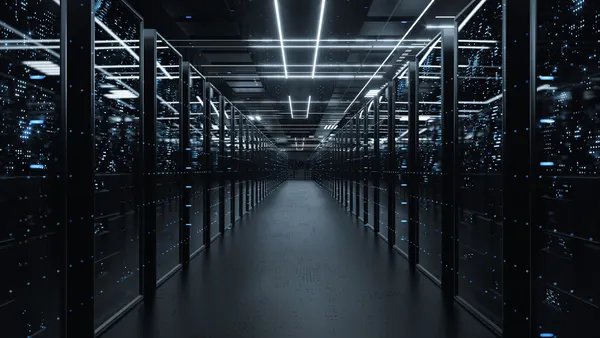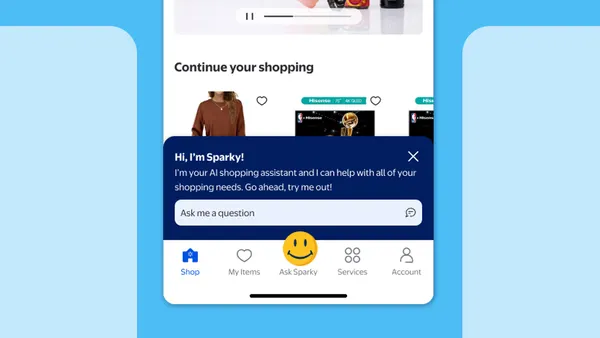Whether you call them assistants, copilots, or virtual teammates, there’s no shortage of generative AI features that promise to help individuals work smarter, better, and faster. But as companies have an increasingly distributed workforce, CIOs should prioritize AI that helps entire teams work better together. After all, no great achievement is accomplished alone. I know this firsthand as I’ve been in AI for about 15 years, leading related initiatives at Microsoft, Meta, and Atlassian. I’ve learned that there are five key questions leaders should ask when evaluating an AI solution in order to have the most impact on the business.
How do we realize the promise of AI?
As business leaders, we want to compound gains for the whole team, not just individuals. We are looking for time savings, increased productivity, and improved insights — and the potential for AI to deliver on these is vast. There are a few key questions that will help us realize the most promise in the context of teamwork.
How do you search for business context?
AI has the potential to enhance the search experience in any product, enabling users to find the information they need quickly and efficiently. With AI, you can surface conversational history and context, and all in natural language.
How do you plan projects?
AI can be especially good at turning unstructured ideas and brainstorms into structured plans. AI will soon be able to analyze project information, identify patterns, and help prescribe a plan of action, with recommended owners and collaborators based on business context. Humans will always have an important role in quality-checking the work and adding in critical details to get it to the finish line, but AI can accomplish much of the foundational work.
How do you move work forward across the organization?
AI applications will make it easier for teams to get up to speed on a project, identify blockers, and deliver more efficient handoffs. When served with the right context, AI can be our ultimate teammate in helping increase the clock speed of work.
Are we saying yes to opportunity AND due diligence?
Advancements in AI present both massive opportunities and risks. We have a profound responsibility to protect private data, but at the same time, experimentation is critical to progress. Neither are mutually exclusive, so how do we get great at supporting innovation within safe environments?
Atlassian has values, programs, and practices in place that allow us to say yes to opportunity and yes to due diligence. We have a cross-functional Responsible Tech Working Group that meets regularly to discuss AI-related challenges. They helped publish our Responsible Tech Principles, which guide us in how we build and deploy innovative new technologies, safely and ethically. Practicing responsible AI can take different forms. For example, we recently released our Responsible Tech Review Template. It’s an easy-to-use guide that helps any team gain a shared understanding of how their AI projects align with common guiding principles, and more importantly, where they don’t.
Join us for Atlassian Presents: Unleash!
Earlier this year, we launched Atlassian Intelligence, a collection of AI features built on a deep understanding of how teams collaborate to accelerate work. It’s embedded across our products to help employees understand and contextualize relationships within the business, such as the people behind the work, what teams they are part of, how work is planned across projects, and how it connects to high-level goals. We have used Atlassian Intelligence internally for months while running a beta version for customers and it will soon become generally available.
To learn more about about how Atlassian is bringing AI capabilities to supercharge teams and the latest developments for Atlassian Intelligence, Jira Software, Jira Align, Compass, Bitbucket, and Jira Product Discovery, join us at Atlassian Presents: Unleash! It’s our biggest agile and DevOps event of the year, featuring technical demos, a leadership track, best practices, and more.
Register here to get access to the digital experience on December 11, 2023.










